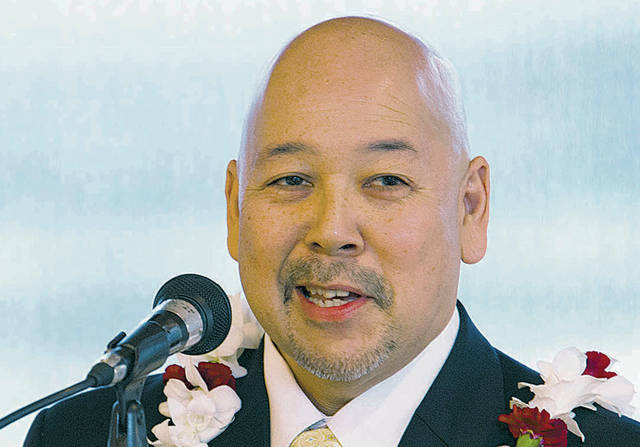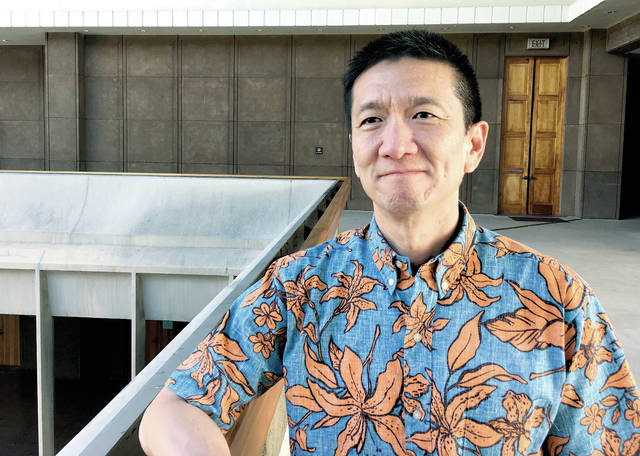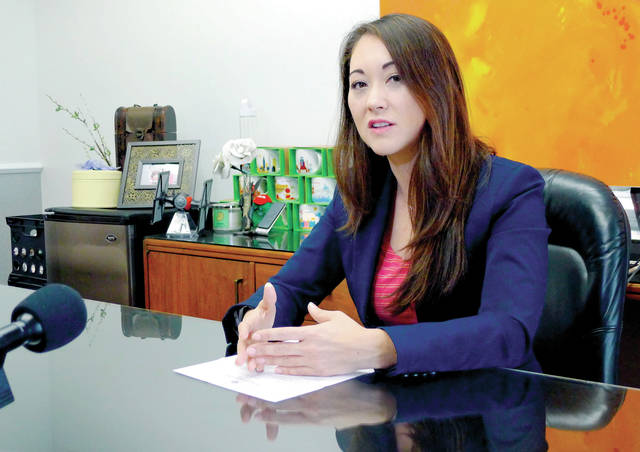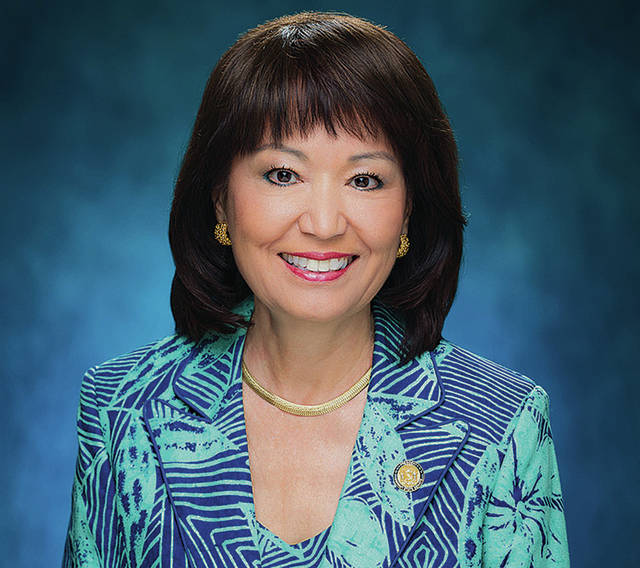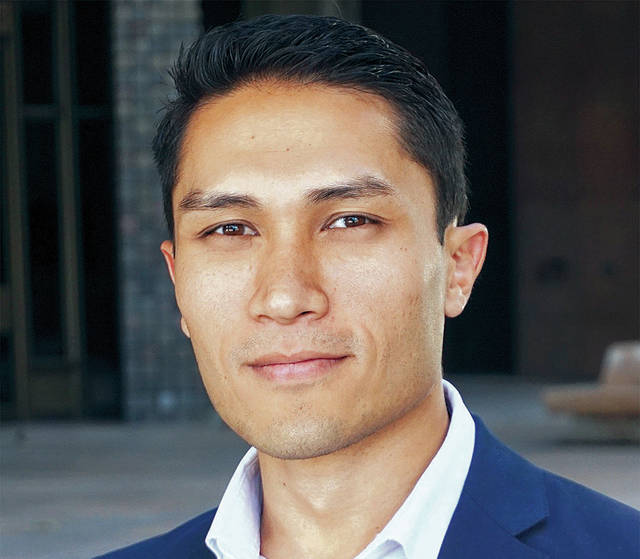HONOLULU — Coming off a high-profile challenge of President Donald Trump’s travel ban, it seemed Lt. Gov. Doug Chin would parlay that name recognition into a U.S. House seat.
U.S. Rep. Colleen Hanabusa is not running for re-election, and Chin — the state’s former attorney general — appeared to be the front-runner to win the 1st Congressional District House seat representing Honolulu.
But then others decided to run.
Lots of others, including at least one who also has name recognition.
It’s now a jam-packed race for the Democratic nomination in the Aug. 11 primary.
Former U.S. Rep. Ed Case and state Sen. Donna Mercado Kim are high-profile challengers. Rounding out the Democratic field are state Reps. Kaniela Ing and Beth Fukumoto, who was a Republican until leaving the party because of her opposition to Trump, and Honolulu City Councilman Ernie Martin.
“This is definitely not a two-person race,” said Neal Milner, a political analyst and retired University of Hawaii political science professor.
“You have a pretty solid list of candidates, but nobody who is, so far, superior … jumping out, and certainly no policy positions that differ very much from the other. Republicans also don’t have serious candidates running,” he said.
Case decided to run just as the deadline filing period was closing, and his move changed things up. He’s an experienced politician with name recognition and plenty of connections. Milner called him a “heavy hitter” and said Chin, a seeming leading candidate with the most recent national exposure, “hasn’t caught fire.”
Case represented Hawaii’s 2nd Congressional District from 2002-07 but has since lost many other bids for higher office.
Case, now a vice president for Outrigger Hotels Hawaii in Waikiki, said one issue he would address would be China, which he called “a real problem.” Case expressed concern that the world’s second-largest economy wasn’t playing fair on trade, intellectual property theft and its military presence in the South China Sea.
Chin, appointed state attorney general in 2015, made headlines by leading a legal challenge to the Trump administration’s travel ban early last year that banned people from several majority-Muslim countries from entering the U.S.
Chin, who became lieutenant governor in February after his predecessor abruptly resigned, didn’t respond to a request for comment.
Ing, 29, said he would work to ensure his generation had better housing opportunities, saying “homeownership is a pipe dream” for them.
Kim said that if elected, she would “continue the good work that Hanabusa’s done.”
Two candidates are competing in the Republican primary: Campbell Cavasso, a financial adviser who served a few terms as a state legislator in the 1980s, and Raymond Rene Vinole, a local lobbyist.
With roughly eight weeks before the primary and no clear front-runner, candidates will have to work hard to reach voters.
Unai Elisara, 42, said she hasn’t decided who would win her vote. Elisara, a box office attendant, said she will decide after “looking up some information myself” rather than relying on campaign rhetoric.
“A lot of what people promise is false,” said Jase Kawasugi, 29, a bike store manager, who said people often are disappointed when candidates don’t make good on campaign promises. “That’s politics for you — ‘This is what I promise; this is what I deliver.’”







